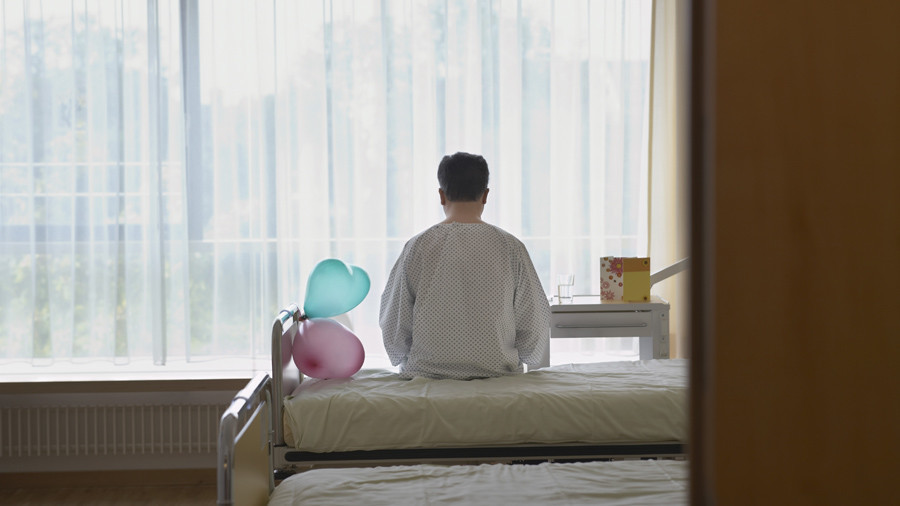
Italy passes controversial end-of-life bill
Voluntarily stopping eating and drinking becomes legal in Italy
After 30 years and 3000 attempts to propose amendments, an end-of-life bill was passed by the Italian Parliament this week which allows patients to end their lives by refusing to and drink. It also allows patients to express binding end-of-life care wishes through a text or a video.
The new legislation does not permit assisted suicide or euthanasia. However, it is clearly a momentous step in that direction. “Of course, we are still missing the legalization of euthanasia that we'll propose to the next parliament,” said Marco Cappato, a spokesman for the right-to-die movement. The law was passed by a vote of 180 to 71.
Media reports suggested that Pope Francis may have inadvertently given support to the controversial legislation. In November he clarified the position of the Catholic Church by stressing that only “ordinary” care need be provided to the dying, not “extraordinary” care that extends life at all costs. However, the Catholic position maintains that eating and drinking are ordinary care, as much as hygiene.
According to RAI, the principal provisions of the new law are:
The consent of the patient is paramount: “no health treatment can be initiated or continued without the free and informed consent of the person concerned””
Artificial nutrition and hydration: these are to be regarded as medical interventions because they are administered through health devices and, consequently, can be rejected or suspended.
Continuous deep palliative sedation: sometimes called “slow euthanasia”, this is permitted by the new legislation with the consent of the patient.
Responsibilities of doctors. On the one hand, doctors cannot be prosecuted for neglecting their patients if they refuse treatment and die. On the other hand, they can refuse to participate, as a kind of conscientious objection.
Palliative care: even if the patient refuses to prolong his life with treatment that he regards as burdensome, doctors must still make every effort to relieve his or her suffering.
Living wills: the patients can express binding preferences for their end of life care through a letter, or if they are incapable of writing, through a video.
The legislation is being framed as a loss for the Catholic Church, which consistently opposed it. However, in the light of sympathetic media coverage given to several tragic end-of-life disputes, popular support in opinion polls, and lack of unity amongst Catholic medical professionals, the outcome was not surprising.
Creative commons
https://www.bioedge.org/images/2008images/FB_italy_3.jpg
deep palliative sedation
italy
voluntarily stopping eating and drinking
vsed
- How long can you put off seeing the doctor because of lockdowns? - December 3, 2021
- House of Lords debates assisted suicide—again - October 28, 2021
- Spanish government tries to restrict conscientious objection - October 28, 2021
